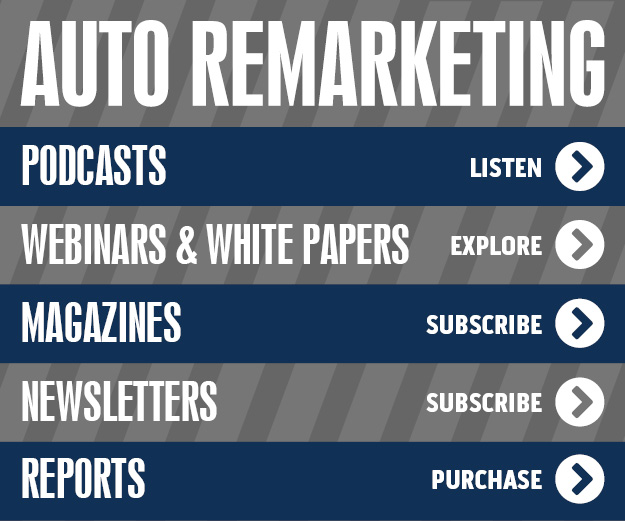Lithia sees ‘considerable profit potential’ at 68 stores

Lithia Motors is challenging 68 stores within its dealership group to improve. Otherwise, change will come — if it hasn’t already.
During the company’s conference call to discuss its third quarter results — which included a 13-percent gain in used-vehicle retail sales — Lithia president and chief executive officer Bryan DeBoer indicated the company made 19 store leadership changes within the past 60 days. Of that group, 12 adjustments happened at Lithia stores while the other seven came within its DCH division.
“We believe that’s indicative of the health of our ability to grow people, which I think will come through in the coming quarters,” DeBoer said. “We are going to continue to accelerate the development of our teams to continue to build and drive the performance of our organization upward.
“In fact, I think to summarize this, we’ve had 68 stores so far year to date that we believe have considerable profit potential,” he continued. “And when I mean considerable, we’re talking about that they are currently operating at 25 percent to 75 percent of their potential earnings. That means in those 68 stores, we could double or triple our earnings.
“This is a combination of new stores and underperformance, and that to us means that even though we are able to grow people, and even though we may be ahead of the eight ball and we are buying stores, it means that there is still 68 opportunities that are pivotal,” DeBoer went on to say.
When DeBoer explained those aggressive improvement objectives, a Wall Street observer questioned Lithia management about whether the dealer group could maintain its top-line performance, which most recently included the highest third-quarter revenue and earnings per share in its history. The concern stemmed the possibility of a sales downturn next year.
“That’s a good question,” DeBoer acknowledged. “What I would say is about two-thirds of those stores have great leadership in them. They just haven’t found their way with their team. So they are in the process of building their team, but I think they are agile enough leaders that they understand and if, God forbid, there was a hard recession … then I think that they still have the ability to respond.
“A lot of it again comes from the ideas of productivity and efficiency within your people,” he continued. “Ability to sell those used cars and develop your F&I, I think those are really the fundamental drivers that make you more recession-proof.
The service and parts business is obviously where many of those stores still haven’t hit stride, which does take a little bit longer,” DeBoer added. “But ultimately even in a recessionary period, you should be able to still grow your used cars and stabilize your team and grow business.”
And Lithia will be looking to grow as its overall footprint is bigger. Through October of this year, the company completed the acquisition of 14 stores and opened one store: the Carbone Auto Group, a nine-store platform based in New York and Vermont; a Subaru store in Riverside, Calif., a Toyota store in Milford, Mass., a Ford store in Thousand Oaks, Calif., a Volkswagen store in Freehold, N.J., a Ford store in Casper, Wyo., and an Audi store in Calabasas, Calif.
“As we have previously discussed, the benefit of a moderating new vehicle sales environment is the rationalization of acquisition price expectations,” DeBoer said. “We have added over $1.0 billion in estimated annualized revenue so far this year, and are optimistic that a significant number of targets remain available.
“By seeking stores where opportunities to improve performance are plentiful, we position ourselves to purchase at attractive multiples and generate industry-leading return on investment,” he continued. “Additionally, our low leverage ratio should ensure borrowing capacity to remain acquisitive through the vehicle sales cycle."

 View The Latest Edition
View The Latest Edition

